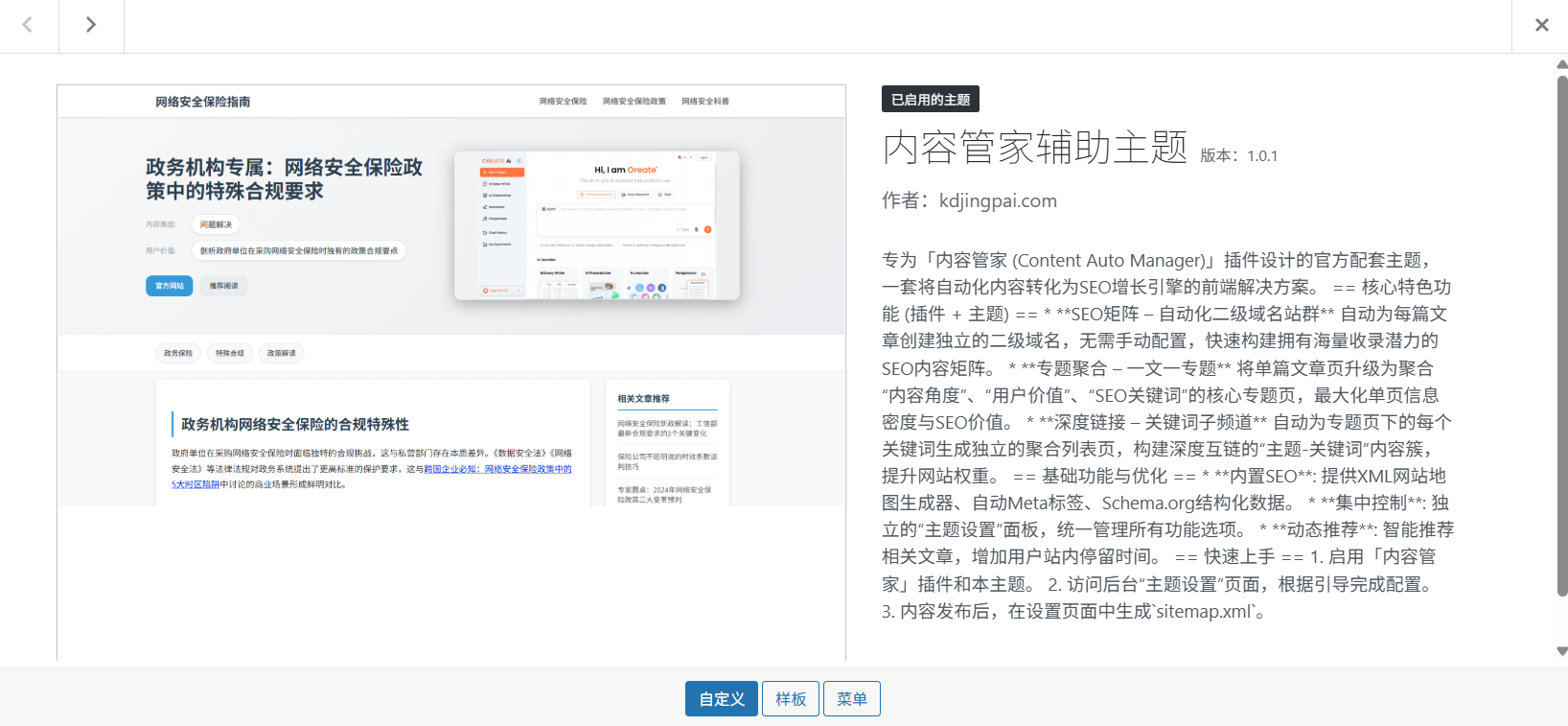Security measures for blockchain storage
To ensure safe storage of Zumi memory data:
- Tiered Privacy SettingsIn the "Blockchain" tab of your account settings, you can categorize your memories into "Core Memories" (encrypted locally only), "Ordinary Memories" (stored privately on the chain), and "Shared Memories" (visible to the public), "Shared memories" (publicly visible).
- Wallet security segregation: Set up a separate high-strength password for Zumi's digital wallet function (12 or more digits including special characters are recommended) and different from the main account password. The platform adopts a dual-key system, with the primary key used for daily interactions and secondary verification required for transactions.
- Periodic Memory AuditMonthly scanning of conversation logs using the "Memory Filter" function, which automatically flags content that may contain sensitive information (e.g., addresses, ID numbers, etc.) and supports batch encryption or deletion.
- Network Protection Configuration: When using Zumi in a public network environment, it is recommended to enable VPN encrypted channels to prevent man-in-the-middle attacks from stealing blockchain interaction data
The platform adopts zero-knowledge proof technology, and all memory data stored on the chain will be processed by homomorphic encryption, so that even if the nodes are breached, they cannot directly decode the original content.
This answer comes from the articleZumi Games: an interactive platform for creating personalized AI virtual partnersThe
































